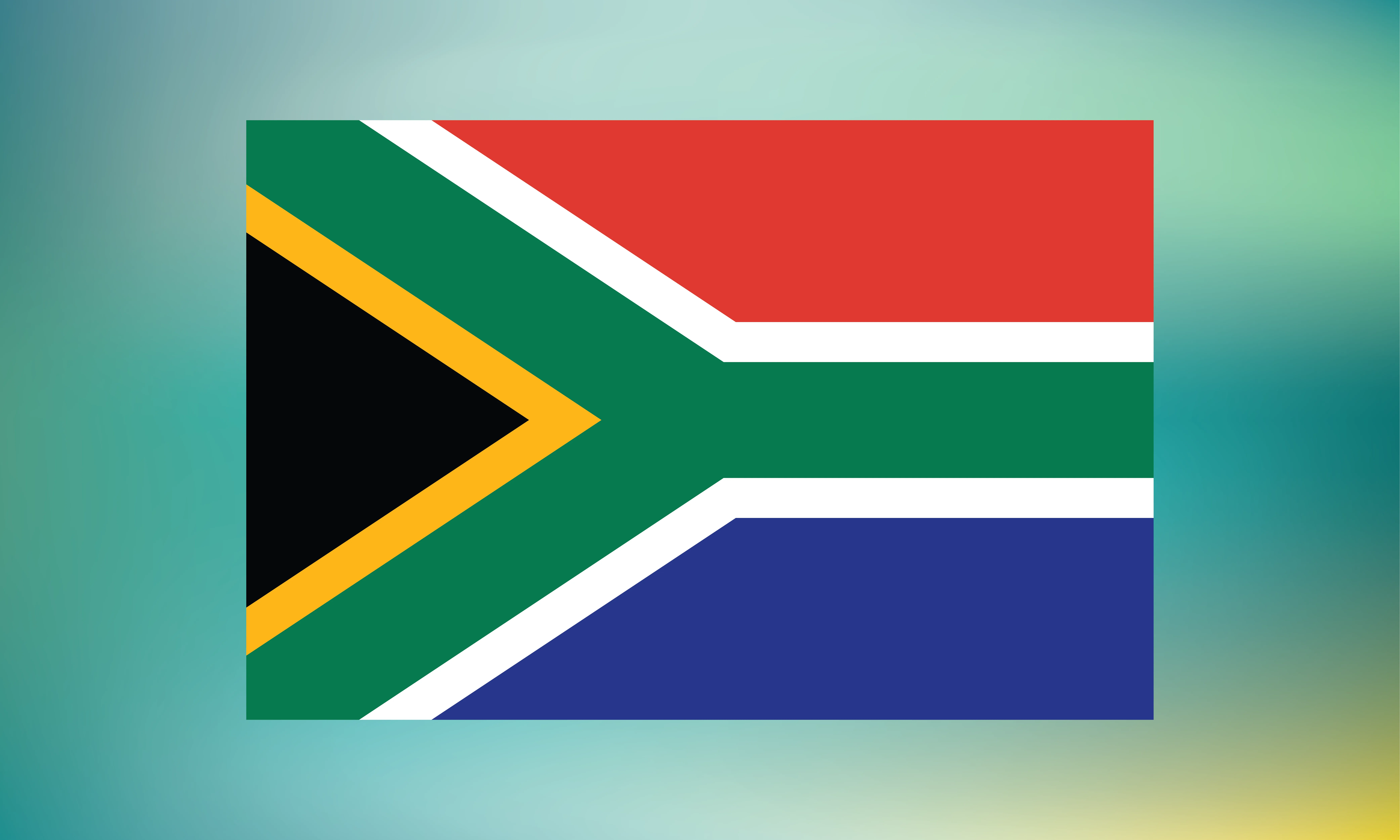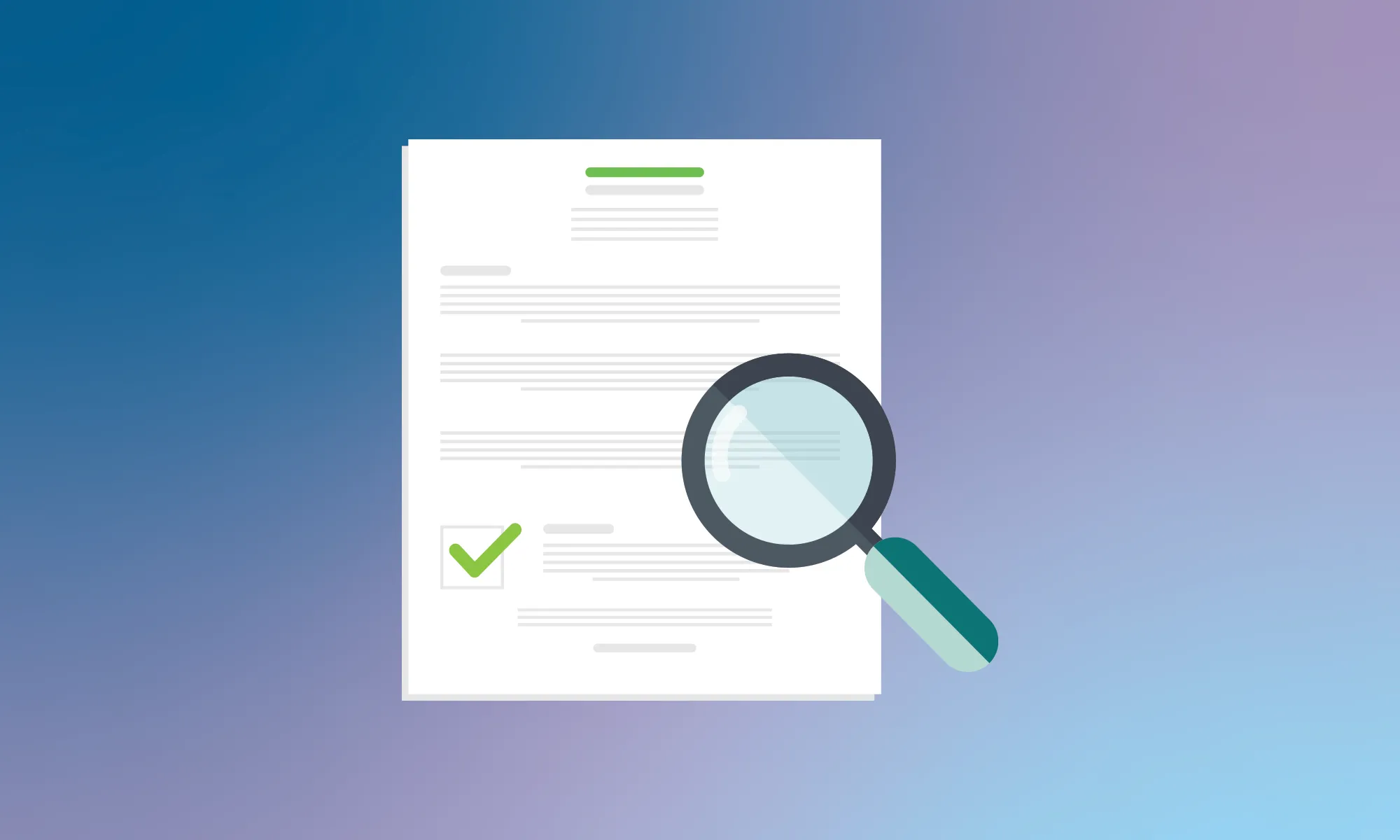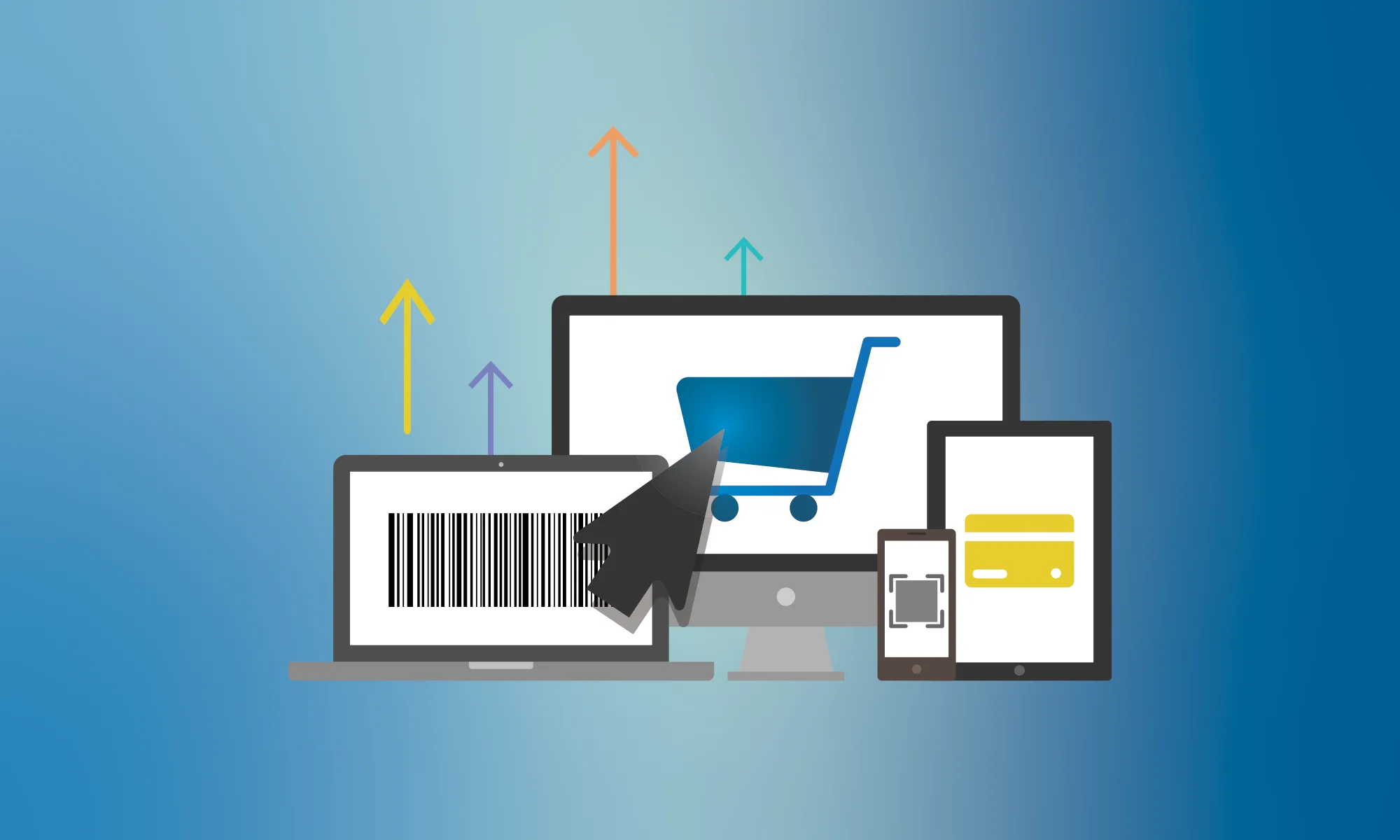Approved on December 5, 2023, the Internet Transactions Act of 2023 stipulates that cross-border electronic marketplaces and suppliers may now be liable for their internet transactions in the Philippines.
Timeline
The rules will be implemented starting March 19, 2024, but there will be an 18-month transition period
Impact
The main changes are as follows:
- B2B and B2C transactions are in scope, but sales of online media content and C2C transactions are not.
- The transaction is considered to take place in the Philippines if:
- one of the parties is located in the Philippines; or
- the digital platform, e-retailer, or online merchant uses the Philippine market and has a minimum number of contacts in the Philippines
- E-marketplaces must identify the underlying supplier and require the following:
- a valid TIN or business registration number/card
- a valid geographical address
- contact information, including a phone number and an email address
- name and brand of the goods or services, price, description, and condition
- E-retailers and online merchants must:
- display the price of goods and services
- ensure that the goods and services have the qualities and performance characteristics
- publish the company and trade or business name, valid geographical address, telephone number and e-mail address on their home page.
- issue paper or electronic invoices
What does Fonoa offer?
To facilitate the efforts needed to determine the right tax rate that should be applied, Fonoa developed Fonoa Tax. The Fonoa Tax engine automatically determines the correct tax treatment for sales transactions anywhere in the world. After you provide minimal transaction data input, the tax engine will determine if the transaction is taxable, what tax rate applies, and the amount of tax that you need to charge for that transaction.
















